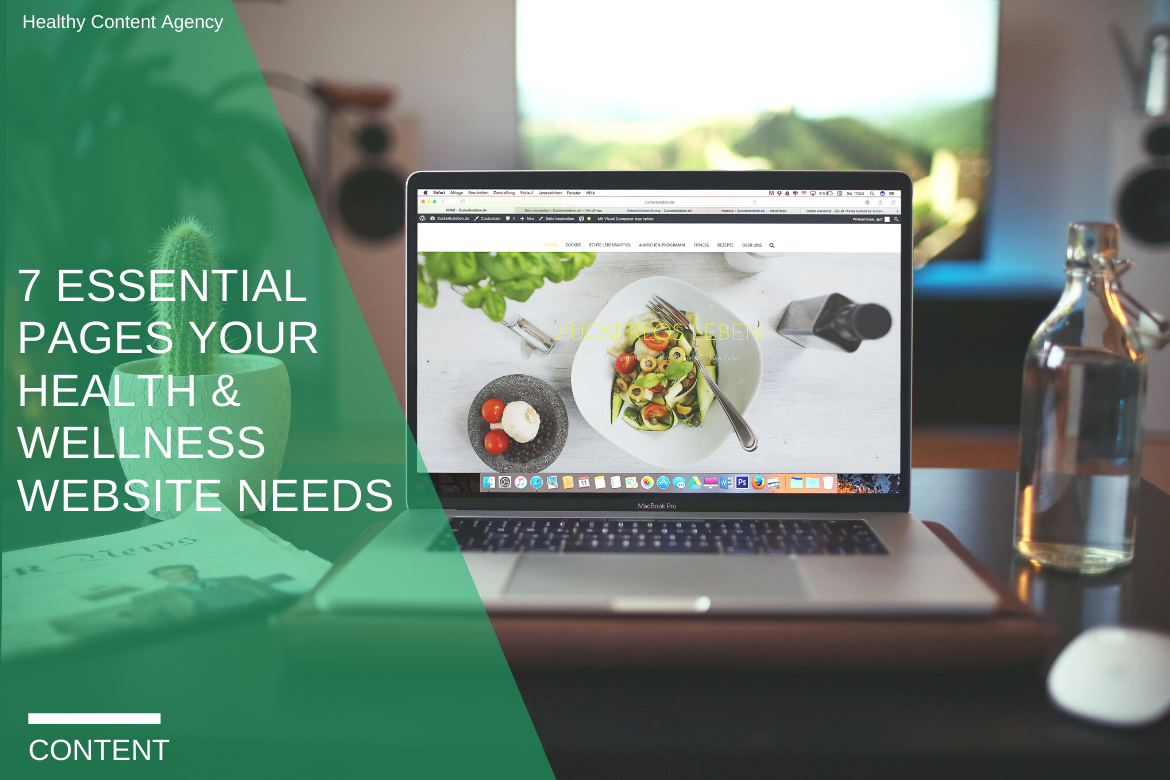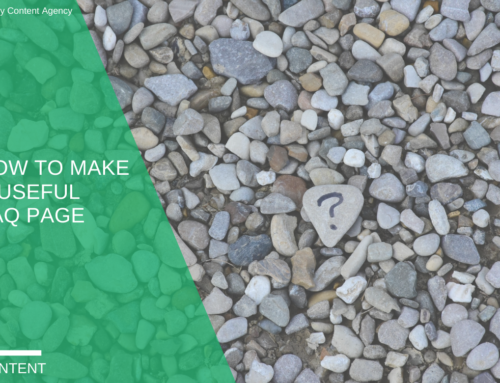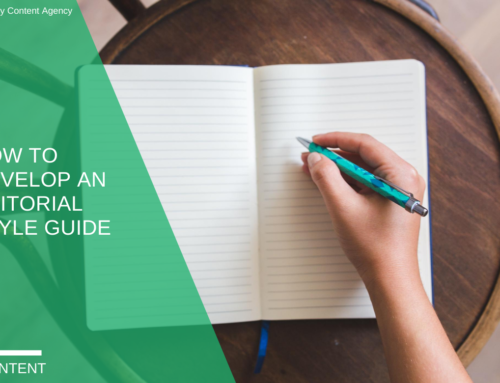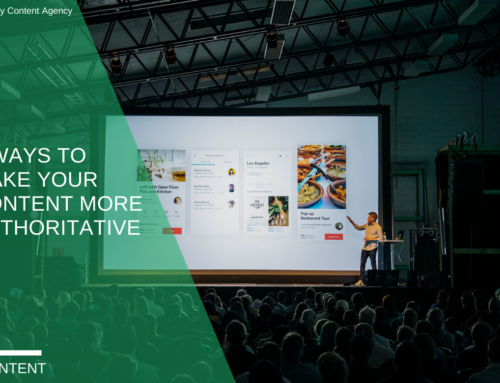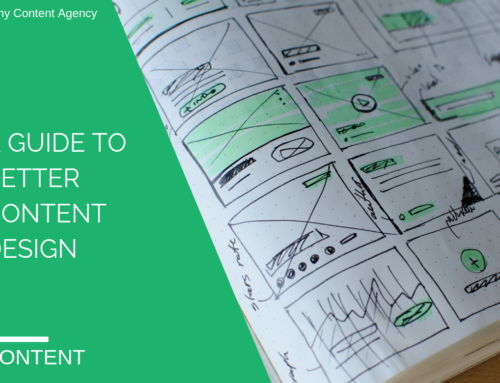7 Pages Your Health Website Needs and How to Make Them Stand Out
Health and wellness websites, like all websites, need certain core pages that all consumers have come to expect. But above and beyond the fundamentals, health websites need a few other pages specific to this niche. Health websites may also need to rethink how they present certain core information, as dealing with consumer health sets a different standard than most business websites out there.
Whether you’re running a website for a small business, or building an extensive online health resource, here are a few key pages your website needs and how to make them work.
1. Health Benefits Pages
If you’re operating a business in the health and wellness or medical space, it’s critical to have a page (or pages) that clearly outline your product or services’ health benefits. Use this page to give general and detailed information about the results your potential customers can expect when hiring or buying from you.
Discuss key information like who your product/service is best suited for and what common conditions or ailments can be improved by using your product/service. You can also use this page to outline the customer’s journey with your product or service and how it can change their life.
Remember that benefits are the outcomes that are above and beyond the results of the product or service. They are the noticeable improvements that the customer feels and experiences by using your product that they didn’t necessarily anticipate.
For example, a business that provides a weight loss app and program might describe some benefits as:
- Feel more energized
- Improve your mood and confidence levels
- Increase your focus levels and productivity
These are examples of the benefits of losing weight, exercising, eating right and generally staying healthy. With a Health Benefits page, your brand can really drive home the incredible lifestyle changes your customers can experience by committing to their health and well-being.
2. Authority Pages
A lot of products/services in the health and wellness space make big claims about the results they provide. But consumers today are savvier and can easily grow desensitized to claims that aren’t properly backed up with evidence. To ensure your product stands out from the crowd, it’s important to have evidence that demonstrates exactly how your product helps.
An Authority page is a resource page you can direct your customers to, so they can better understand the “how” of your product. This page can bring in any relevant research and studies that support your product’s claims. Using straightforward language, describe the results of the study or what the research shows about your product. For example, a meditation app or course might refer to a study such as one from Johns Hopkins, which found that meditating for 30 minutes a day can reduce anxiety and depression.
Another way to back up your product’s claims is to bring in an independent expert and publish their opinions or views. This is different from an endorsement because this person is seen as a non-biased authority on the subject, which further lends credibility to your website.
3. FAQs
FAQs can be a really useful page on bigger websites with lots of content. Not only does an FAQ page answer all your customers’ questions in one place, but it also serves as a good opportunity for SEO. To build a useful FAQ page, be sure to have at least 10 common questions you can thoroughly answer. In each answer be as specific, yet concise as possible. Always link your readers to relevant pages from your answer.
Another way to improve the functionality of your FAQ page is to add a contact form widget to the page. As customers read through the FAQs, it’s possible they’ll have more questions or be compelled to reach out. Make this easy for them with something like a sticky contact form in the sidebar.
Your FAQ page should be a living resource, meaning you add to it over time. As you serve more and more customers, you’ll have more and more questions to answer. Keep track of what it is your customers want to know about, and add those questions to your FAQ page.
4. About Page
An About page may seem obvious but it’s surprising how many brands miss the mark on this one. An About page is actually not about you, it’s about your customer. A lot of companies use the About page to talk about themselves, and while it’s good to have clear messaging around your vision or mission for the company, it’s not actually what your customers care about.
An About page should highlight what you do for your customers and why your product or service is the best option for them. Describe the unmet need you saw in the marketplace and how your company responded.
To write an excellent About page, you must step inside the shoes of your customers and decide what it is they’d want to know about your company and your products.
5. Service or Product Page
Your Service/Product page is your biggest conversion opportunity. It’s the page that readers navigate to when educating themselves about your products. This page should be highly informative and easy to scan.
For products or services that aren’t as straightforward, it’s helpful to use diagrams and visuals of your process. Be very clear about what potential customers can expect from choosing your company. If you have multiple different products and services, you might consider making dedicated pages for each individual product or group of products.
Include the most important information about your product, including how it works, how long it takes to work and the overall value it provides. You can also compare and contrast your product to competing products and describe the advantages you offer.
6. Testimonials Page
Testimonials are highly valuable assets that businesses — especially consumer product businesses — can collect. Testimonials are also great marketing collateral, easily shareable on social media and simple to include in campaigns.
Testimonials pages are also sensitive. They should be presented in the most authentic way possible, as people tend to be skeptical of testimonials when they don’t appear genuine. Use testimonials that describe a customer’s specific experience with the product and their unique results. Testimonials that highlight the benefits the customer experienced are even more valuable.
7. Contact Us Page
A Contact page is an easy webpage to forget about. Most Contact Us pages consist of a form with not much personality. But considering how many people use this page and how often you direct people to it, it’s a pretty important page to be neglecting.
Your Contact Us page is a good opportunity to set expectations. What type of response can customers expect upon filling out your contact form or contacting your company in general? Be sure to give customers a variety of ways to contact you and encourage them to use your preferred method of contact for the most immediate response.
Given that health and wellness brands deal with sensitive and personal information about their customers’ health, a confidentiality disclaimer may be helpful in building trust with your potential customer base.
These seven core webpages for health and wellness websites are opportunities to impress your customers and earn their business. Even though you might already have these existing pages, it’s a good idea to revisit and refresh them regularly to ensure consistent brand messaging.
For help optimizing your website’s core pages, consider the benefits of using a third-party content writing service that can offer a fresh set of eyes. To learn more about how Healthy Content can help take your company’s core content to the next level, contact us today to get your project started.

